Hair loss! Is there something that challenges aging more than the thinning hair line? Maybe wrinkles, but it’s surely a close bond. The most common cause of hair loss is genetics. You can’t change your genes, but maybe you can improve or slowdown your hair loss.

If your body lacks vitamins and other important compounds, your hair may fall out, look dull, or become brittle.
Changing your diet can help slow or even stop non-genetic hair loss. In addition, you will feel better and look better, so this is a win-win suggestion.
You’ll love some of the foods on this list, so keep reading!
1. Iron rich food :
Iron-rich foods can help if you have an iron deficiency. Menopausal women should be very careful. Do not rush to add a lot of iron to your diet. First ask your doctor to check your iron level.
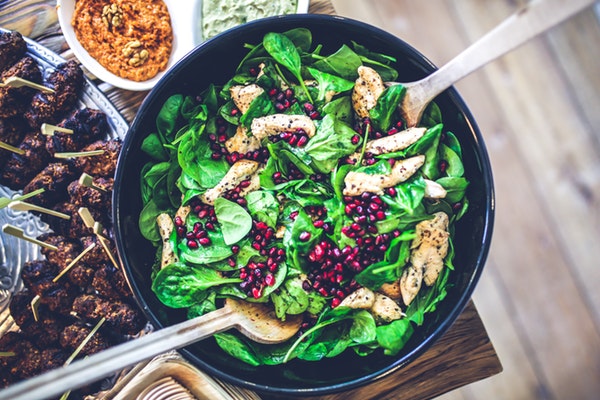
Good sources of iron include Papeye’s favorite food, spinach. Spinach is packed with other great minerals and vitamins that help keep hair follicles healthy. Another great way to add iron to your diet is ground beef.
2. Zinc :
Zinc appears to be an excellent nutrient to help prevent and treat hair loss. Studies seem to show that people who lose their hair also have lower zinc levels. If you like oysters, you’re in luck! There are no foods richer in zinc.
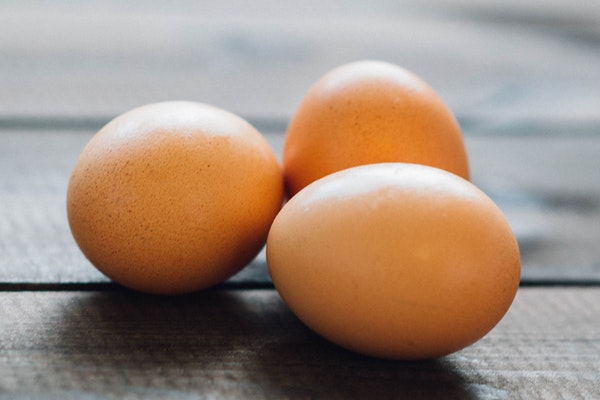
If you are not a fan of oysters , you can enjoy spinach, minced red meat, eggs, legumes like beans. The great thing about these foods is that they come back several times on our tables. Kill two birds with one stone !
3. Vitamin A :
Foods rich in vitamin A tend to be rich in beta carotenes. In general, eating to prevent hair loss will benefit your body too. Beta carotene is good for eyesight, immunity and helps prevent cancer.
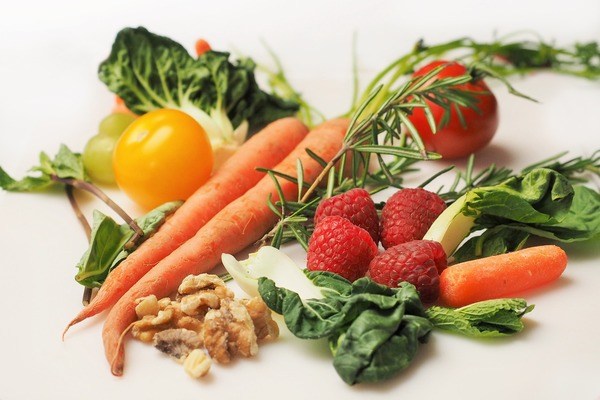
To increase your beta carotene intake, focus on orange food. Carrots, sweet potatoes, winter squash and our old friend, spinach, are rich in beta carotene.
Focus on eating raw foods (if applicable) because the cooking process decreases the amount of beta carotene in the food.
4. Vitamin D :
Vitamin D is an important supplement. Your body makes its own vitamin D when you are exposed to the sun. It’s great, except that a lot of people don’t spend time outside and those who do tend to use sunscreen or cover up. Tuna and salmon, beef liver and egg yolk are other foods that contain high levels of vitamin D.
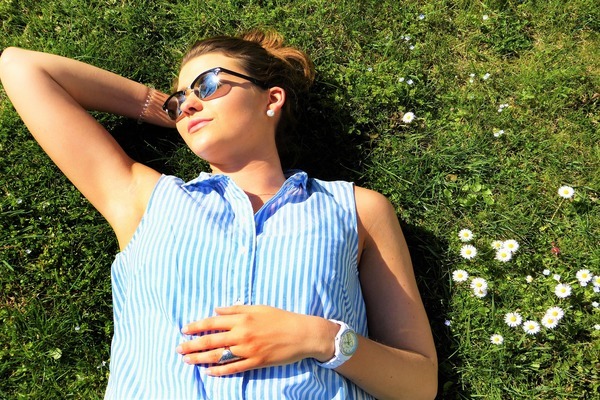
Milk, cereals and orange juice are full with vitamin D. If possible, try to get your vitamins from food.
5. Selenium :
Selenium is an important building block on many levels, including hair loss and immunity. Selenium deficiency is rare in the United States, but can occur if you have hypothyroidism, HIV, have dialysis, or have a gastrointestinal disorder like Crohn’s disease.
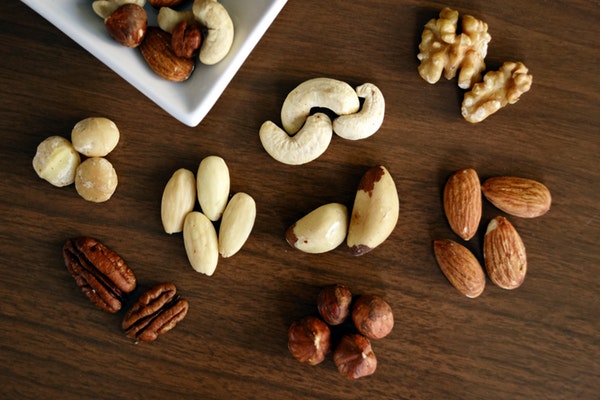
Add 6 Brazil nuts per week to your diet. Take it easy by adding selenium to your diet, as an excess of selenium is as bad as a lack of it.
What other delicious foods can you add?
6. Biotin :
Biotin is one of the B vitamins. Otherwise known as B7, a deficiency can cause the loss of hair, nerve damage and skin health. You’ll find lots of it in foods like eggs, sweet potatoes, and our old friend, spinach.
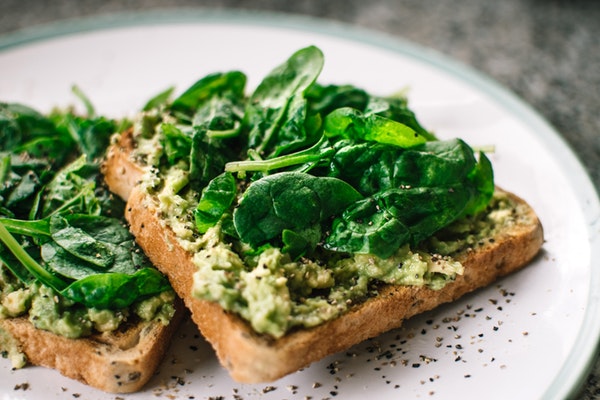
Biotin affects how certain medications work, so talk to your doctor before you start taking supplements. Consumption of foods rich in biotin should not be a problem.
So far, spinach has been an undisputed leader in healthy “hair food”. What is good for you?
7. Omega oils :
You’ve heard that Omega-3 and -6 are great for the heart and the brain. Fatty acids have been shown to be excellent for stopping hair loss and can help regrow hair.
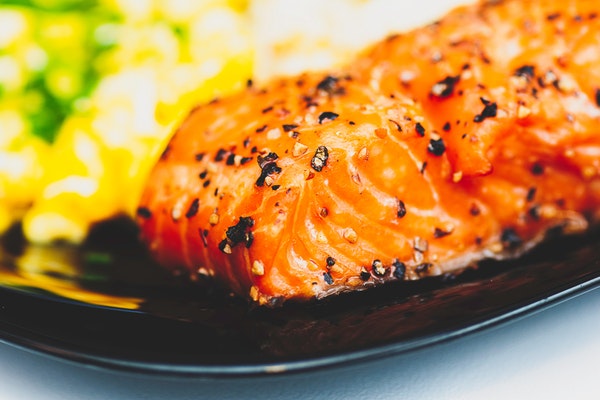
Salmon is a great way to get omega 3. If you don’t like fish, nuts, seeds and oils from grape seeds, sunflower, sesame, pumpkin and coconut, it’s perfect. In fact, men who have taken 400 mg per day of pumpkin seed oil for 24 weeks have a 40% increase in hair growth.
8. Essential Oils :
Essential oils are highly concentrated and distilled oils. You can use them in cooking and they are perfect as skin care products. Rosemary oil is considered an antioxidant and an anti-inflammatory.
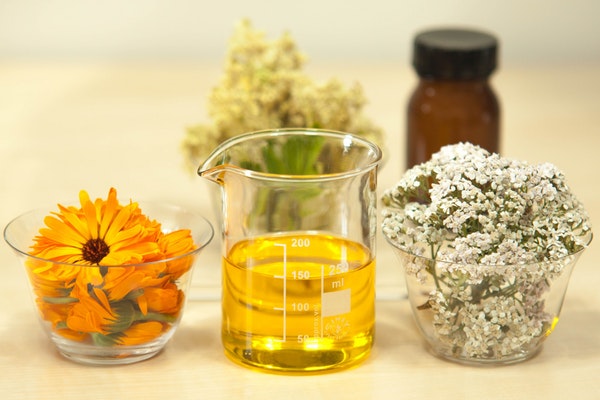
Massage with a few drops of rosemary essential oil on the scalp after showering can have great results. It has been shown to be as effective as Rogaine (minoxidil) and has not been accompanied by itchy side effects on the scalp. Peppermint essential oil is used to promote hair growth.
9. Honey :
Honey, olive oil and cinnamon are old folk remedies for growing hair. It has been shown to help relieve itchy scalp and flaking. You don’t eat it, you rub it on your scalp.

Heat ½ cup of olive oil and add 2 tablespoons of honey and cinnamon (each). Beat an egg and comb the mixture through your wet hair. Let stand 10 minutes and shampoo. Do not overheat the oil, otherwise you will cook the egg.
10. Greek yogurt :
And finally, the Greek yogurt. Whether you eat it or massage it on your scalp, Greek yogurt contains both vitamin B5 and D. These two elements are linked to the strengthening of hair follicles. It is also rich in protein and calcium. These are also linked to good hair (and bone) health.
